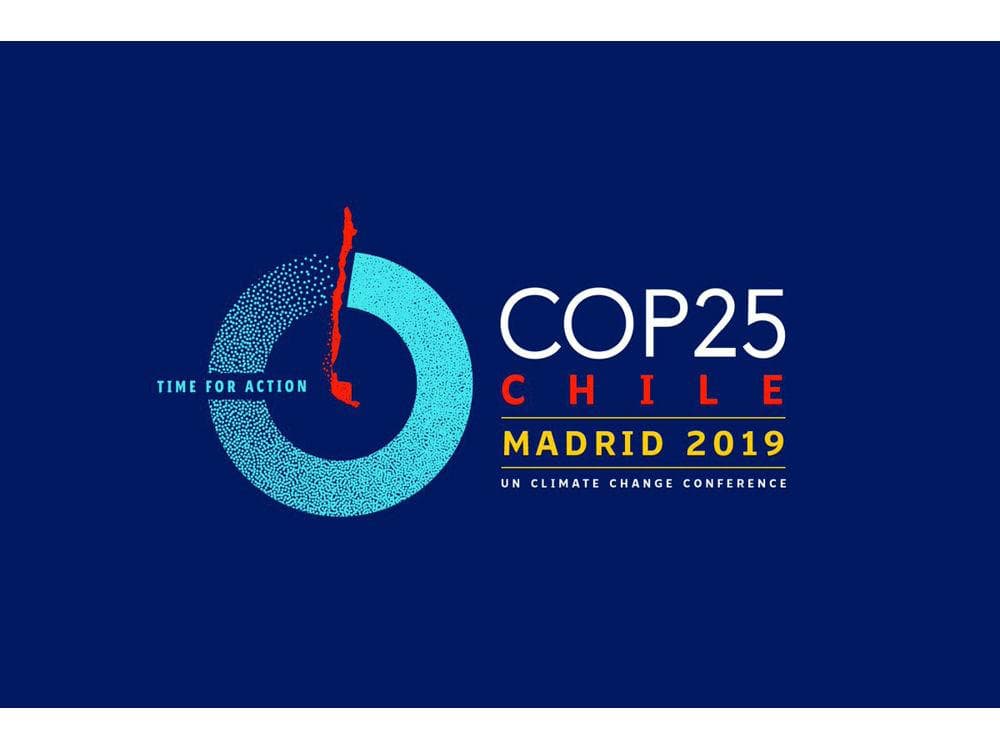The 1970s were the decade of global cooling, hyped in the media with cover art and major articles in Time, Newsweek and other media outlets. Scientists were also concerned about global warming during that period, but the actual cooling which was occurring could not be ignored. Since then, the focus of attention has been on global warming and later on the broader issues of climate change, including: sea level rise; drought and excess precipitation frequency, intensity and duration; tropical cyclone frequency and intensity; tornado frequency and intensity; receding glaciers; and, declining Arctic and Antarctic sea ice.
Since the early 1980s, there has been a growing effort on the part of climate scientists, many national governments and the United Nations to raise public consciousness and concern regarding global warming and climate change. The UNFCCC has held annual Conferences of the Parties (COP) to develop and coordinate international efforts to halt and ultimately reverse observed changes in the global climate. These COPs have received extensive media coverage of their expressed concerns regarding future climate change and their proposed approaches to dealing with the changing climate and its effects.
The IPCC has produced five Assessment Reports prepared by participating scientists, dealing with the perceived causes of the observed climate change and the perceived effects of the changes which had already occurred and the anticipated future changes. These reports were accompanied by a Summary for Policymakers, prepared by non-scientists, to guide policymakers and provide fodder for the global media. National governments funded climate studies for inclusion in the IPCC Assessment Reports and the development of climate models to be used to project future climate changes.
The climate sensitivity, forcing and feedback information developed for the IPCC reports were combined with Representative Concentration Pathways (RCP) in the computer models to develop scary scenarios of potential future climate changes, typically based on the RCP8.5 scenario, which represented the highest projected emissions pathways forward. These scenarios were intended to arouse public awareness of and concern about climate change, so that the public would perceive climate change as a potential threat and agree to support government actions to halt and reverse climate change. These efforts have so far been relatively unsuccessful; and, climate change remains of little concern to most of the public, based on repeated surveys regarding issues of concern.
Several governments have attempted to get ahead of the public concern, instituting climate taxes and activity restrictions. These efforts have been met with aggressive public resistance, including the “yellow vest” demonstrations in France and the demonstrations in Chile which caused the relocation of COP25 from Chile to Spain. Numerous efforts to pass climate-related taxes in the US have been defeated at the ballot box.
This general failure to raise public awareness, concern and willingness to sacrifice has frustrated governments and environmental activists. This frustration has led to massive demonstrations by environmental activist groups, most notably the Extinction Rebellion, some of which have resulted in property damage and personal violence. Even more concerning than these demonstrations is the apparent unwillingness of some governments to appropriately manage the demonstrations in the interest of public safety. There appears to be a growing unwillingness on the part of some government agencies to arrest and prosecute those directly responsible for personal injury and property damage during these demonstrations, as well as to protect journalists and others not among the demonstrators.
There is some concern that these uncontrolled demonstrations could lead to anarchy on a broader scale. The angry, desperate, sponsored activism of agitators such as Greta Thunberg makes this outcome more likely, particularly in light of the unwillingness of government representatives to question her actions and motives. The streets are not the proper venue for rational climate discussion and debate. Government ignores that at our peril.
